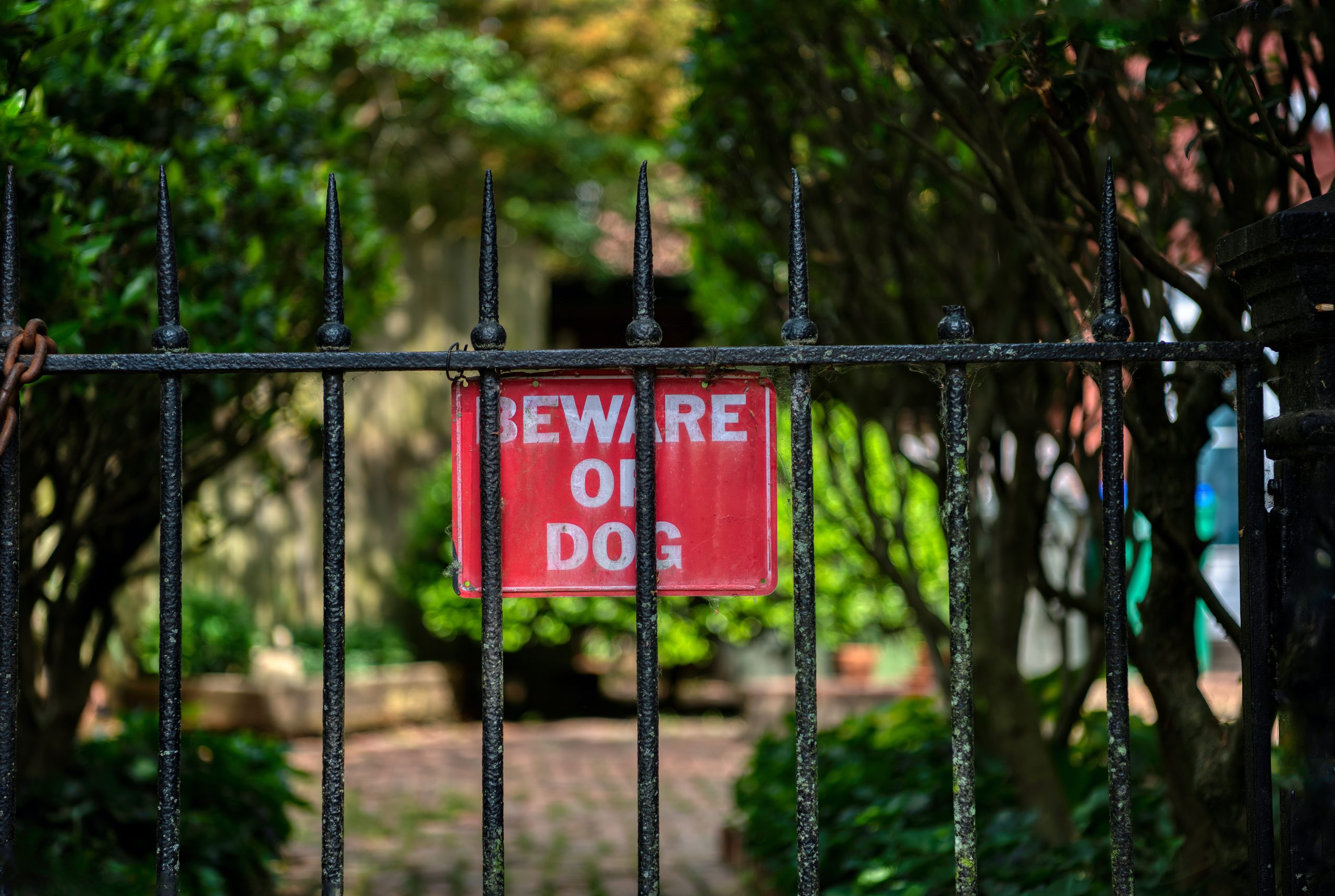
Enquiry into How Toronto Animal Services Handled a Dangerous Dog Investigation and Appeal
The Issue
In June 2017, a young boy was attacked by his neighbour’s dog. The City’s Animal Services department issued a dangerous dog order against the dog. The owner appealed the order, but the family was not told about the neighbour’s request or their right to participate in the appeal process.
The Dangerous Dog Review Tribunal revoked the order, without giving adequate reasons for its decision. No one told the family, who only learned about the appeal and its result after they saw the dog unmuzzled and called Animal Services.
When the father got the appeal documents through a Freedom of Information request, he also discovered that someone had deleted from his witness statement his description of which dog hurt his child.
Our Enquiry
We conducted an extensive Enquiry into Animal Services’ response to and investigation of the incident, and the appeal process that followed. We reviewed Animal Services’ response to the family’s complaints, the applicable law and Animal Services’ records, procedures and guidance materials. We also spoke to the parents of the child involved and to representatives of Animal Services management.
What We Found
After reviewing the evidence, we found unfairness in three areas: Animal Services’ investigation of the incident, administration of the appeal process, and response to the family’s complaints. This included, but was not limited to:
- Staff did not adequately record a statement of the evidence after the incident and someone at Animal Services changed the father’s written statement.
- Animal Services did not communicate with the child’s family in a clear or timely way. No one told them about the appeal, of their right to participate, or that the order had been revoked.
- How the City handled the appeal fell short of what fairness requires. It was difficult for anyone to obtain clear information about the tribunal or to understand what evidence it would consider in making its decisions.
Our Recommendations
The Ombudsman made several recommendations during the course of the Enquiry, which Animal Services took steps to implement, including providing training to all investigative staff about how to interview children, develop written guidance for staff on how to prepare an appeal hearing and how to communicate with victims, and to start sharing information with the public about how it assesses dangerous acts by dogs.
The Ombudsman also recommended twice during our Enquiry that Animal Services ask the tribunal to review its decision, because of the problems we had identified in the appeal process and the resulting unfairness to the family. Despite this, Animal Services did not ask the tribunal to review its decision.
At the conclusion of our Enquiry, we made two further recommendations:
- Animal Services should further apologize to this child and his parents, thank the family for pursuing their concerns and explain the many positive steps the City has taken to prevent similar problems from happening in the future, all as a result of their complaint.
- Animal Services should make publicly available their guidance scale(s) for determining whether a dog’s dangerous act is severe.
The City’s Response
The City accepts the findings in this Enquiry. It agrees with the outstanding recommendations and has committed to implementing them by the end of 2019.